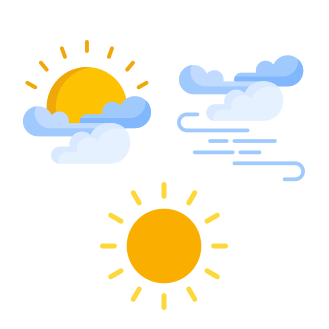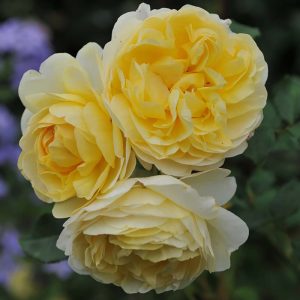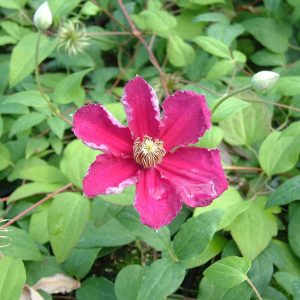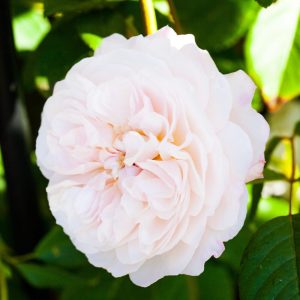Description
Eryngium planum, also known as Blue Eryngo or Flat Sea Holly, is a stunning and unique perennial that produces beautiful blue flowers with spiky bracts that bloom in the summer. This herbaceous plant is known for its clumping growth habit and its ability to attract bees and butterflies, making it an ideal choice for planting in borders or as a standalone specimen in the garden. Eryngium planum is a hardy variety that thrives in full sun and well-drained soil that’s not too wet. It’s also drought tolerant and can withstand dry conditions, making it an ideal choice for gardeners who want a plant that’s easy to care for. To complement Eryngium planum, consider planting it alongside other summer-blooming perennials like Achillea or Rudbeckia. It also pairs well with companion plants like Lavender or Sedum, which can help to create a beautiful and colorful garden display. Overall, Eryngium planum is a stunning and unique plant that will add a touch of beauty and elegance to any garden. Its blue flowers with spiky bracts, along with its clumping growth habit and hardy nature, make it an excellent choice for gardeners who want to create a striking and low-maintenance outdoor space.
Key Facts
- Common Name(s):Blue eryngo
- Hardiness:Fully hardy
- How big will I get? Eryngium planum can grow to a height of 0.8m and a spread of 0.5m.
- Did You Know That:Though they are known as Sea Holly, they are not closely related to true hollies.
Plant Calendar
A rough guide to how this plant will change through the year.
| Jan | Feb | Mar | Apr | May | June | July | Aug | Sept | Oct | Nov | Dec | |
| Flowering Time |  |
 |
 |
|||||||||
| Foliage Colour |    |
   |
   |
  .png” /> .png” />  |
  .png” /> .png” />  |
  .png” /> .png” />  |
   |
   |
   |
| J | F | M | A | M | J | J | A | S | O | N | D |
 |
 |
 |
|||||||||
   |
   |
   |
  .png” /> .png” />  |
  .png” /> .png” />  |
  .png” /> .png” />  |
   |
   |
   |
Care Guide

Soil Requirements
Eryngium planum prefers soil with good drainage and does not tolerate standing water. This plant can grow in soil with a wide range of pH levels, it is not picky about the pH level of the soil.

Best Position
Eryngium planum prefers a sheltered position and requires full sun to thrive, this consists of more than six hours of direct sunshine per day.

Maintenance
Eryngium planum is fairly low maintenance and doesn’t require any pruning.

Pest, Diseases and Wildlife
Eryngium planum can have problems with slugs and snails, it can be vulnerable to certain diseases such as powdery mildews. It is also known to attract bees, butterflies and other pollinators.







